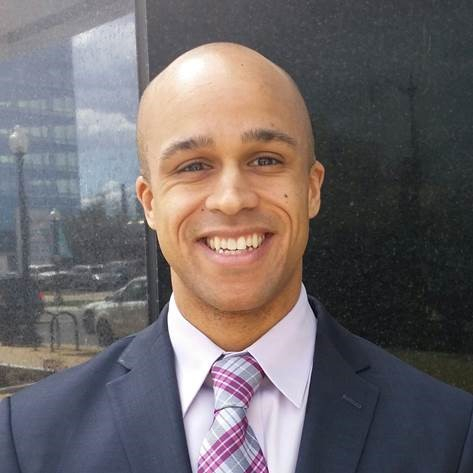
In light of sobering racial disparities in student discipline, the Obama era Department of Education catalyzed widespread adoption of “restorative practices” via restorative practice training programs. These programs sought to reduce misbehavior not by threatening student exclusion, but by improving and healing relationships. Pre-post analyses of these restorative programs suggest that their introduction often preceded reductions in misbehavior and discipline, improvements to school climates, improvements in academic achievement, and reductions in racial discipline gaps. Two multi-school randomized controlled trials, meanwhile, suggest programs lead to null or even negative effects on racial disparities in discipline, and on academic performance. However, research indicates that many restorative programs did not accrue to actual restorative practices—meaning although staff were trained, school practices did not change. But research also implies that in schools where restorative practices are widespread, students thrive. To ascertain if exposure to these practices drive positive student outcomes, I first develop a standard definition of school-level restorative practice utilization. Next, I leverage hundreds of thousands of student surveys from CALSCHLS data to identify schools with widespread use of restorative practices. I then merge CALSCHLS school-level restorative practice data with millions of student records in CALPADS data. To estimate the effects of exposure to restorative practices, I compare students who are exposed to restorative practices to similar students (based on prior academic achievement, disciplinary experiences, and demographics) that do not experience exposure to these practices. I find that students who experience exposure to restorative practices perform better academically, experience fewer suspensions, and evidence smaller Black-White discipline and achievement gaps.
Sean Darling-Hammond is a PhD student at UC Berkeley's Goldman School of Public Policy. He seeks to leverage research to expand belonging. His work leverages tools from psychology, sociology, law, policy, and statistics to identify education policies that can help k-12 and higher education students of all backgrounds thrive; and help people of all backgrounds connect across stale social divides. Before matriculating at Goldman, he earned his BA in Sociology at Harvard ('06), spent five years as the Director of Research at Hattaway Communications (a mission driven political consulting firm), earned his JD from UC Berkeley ('14), clerked for the District Court for the District of Maryland, and worked in education law and policy for Hogan Lovells and Education Counsel. He also served as the director of Berkeley High School’s restorative justice program, and provided legal representation to special education students as a clerk for the East Bay Community Law Center. He and his wife adore Kofi, their soon-to-be two-year-old toddler. In his free time, he competes on NBC’s American Ninja Warrior as "The Giving Ninja," devoted to donating what he wins on the show to nonprofits that expand opportunity.